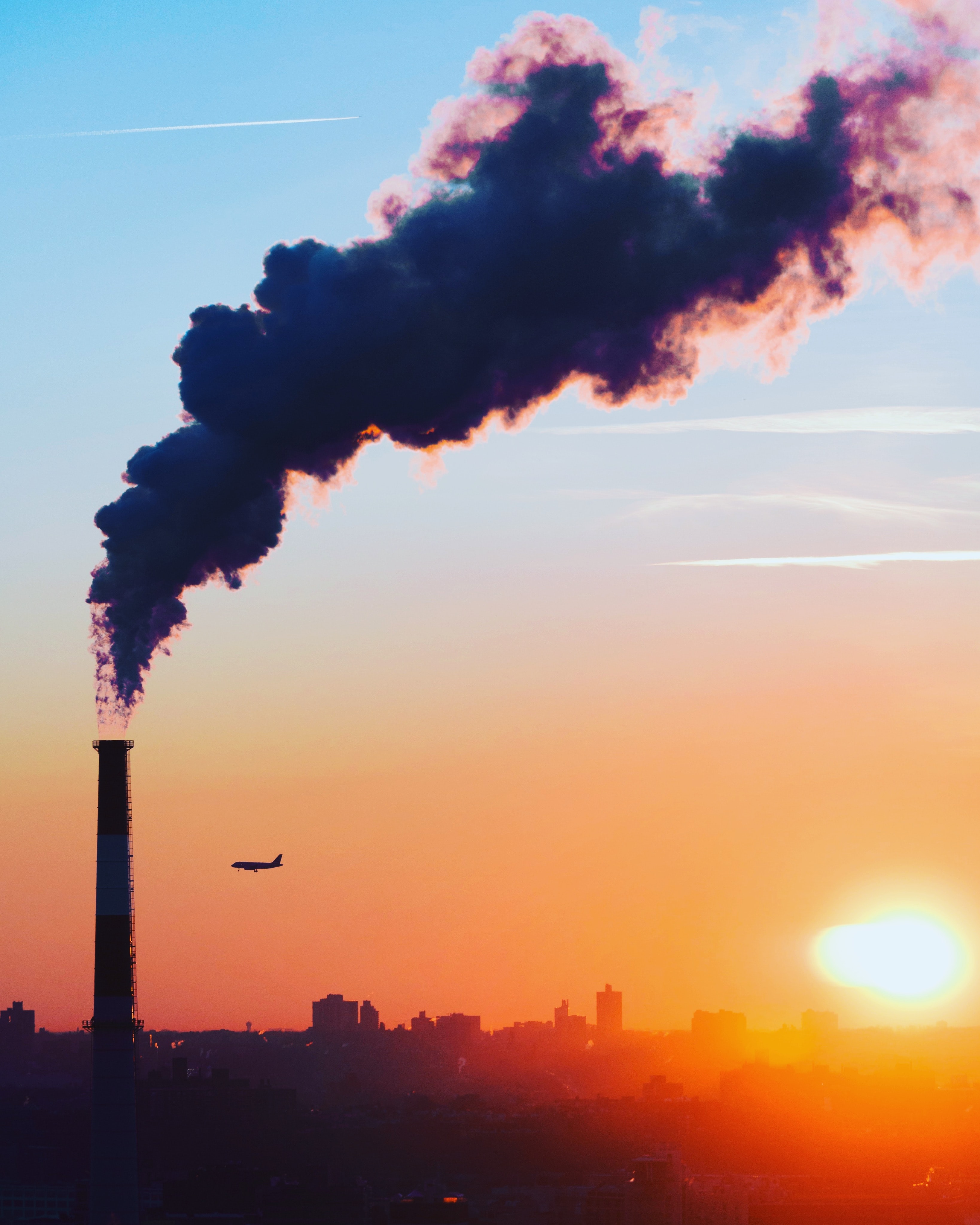Firms pollute more when not being monitored

A recent University of Oregon study, reported in the Economist, has found that firms suppress their polluting activities on the days that they are being monitored.
Currently, under the US’s federal Clean Air Act, air quality is monitored once every six days at nominated monitoring areas. On these days, state and local agencies are required to submit data on concentrations of fine particulate matter (e.g. cement dust or soot). Thanks to a list of dates published by the Environmental Protection Agency (EPA), firms know exactly when monitoring days will occur.
Using satellite data of monitored areas, the study showed that air quality is much worse on unmonitored days by a margin of 1.6%. The author, Eric Zou, explains that this is down to short-term suppression of polluting activities on monitored days.
Regional differences were also observed, with parts of Appalachia, the Midwest (mining), and northern Mountain West (paper and lumber mills) showing the biggest gap between monitored and unmonitored days. The gap also depended on the risk of facing EPA sanctions: where the risk is greatest, firms seemed to play the system resulting in larger gaps.
In his article on environmental regulations and the labor market, Olivier Deschenes argues that while envirnomental standards can increase production costs and place firms at a competitive disadvantage, efforts to improve air quality can boost productivity as regulated firms are motivated to optimize their production processes. This, in turn, squeezes out less productive competitors.
Read Olivier Deschenes' article "Environmental regulations and the labor market" and the related key topic page, which includes further articles, opinion pieces, and video content.